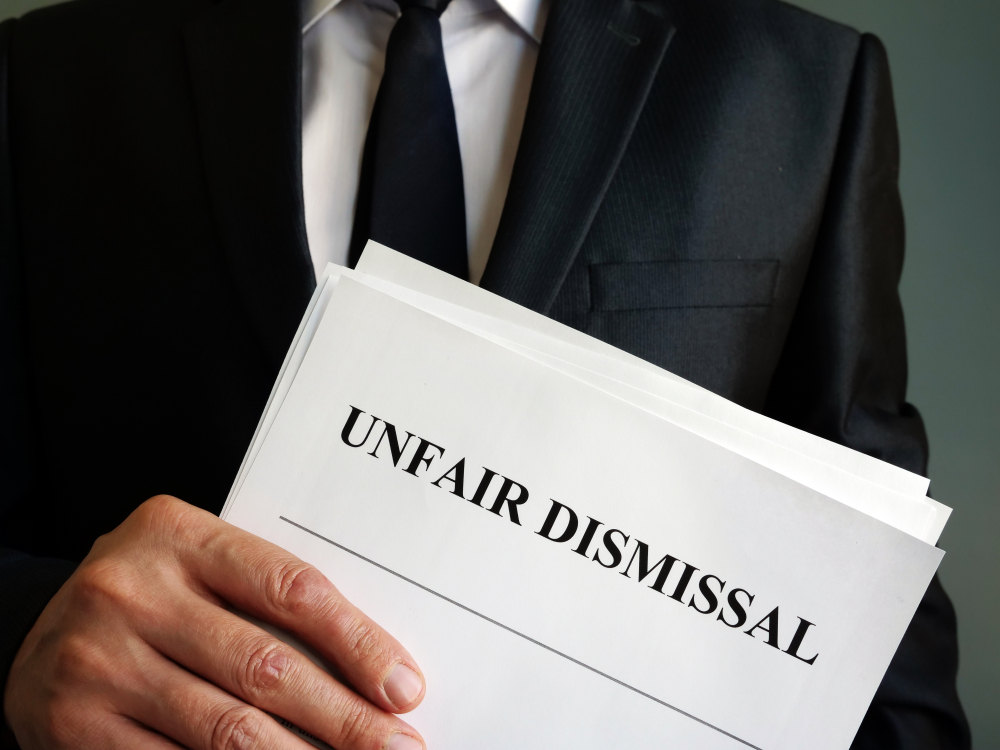
The Employment Rights Bill: Ensuring Compliance Through 2026 and Beyond
The Employment Rights Bill 2024-25 (ERB) was introduced to Parliament and had its first reading on 10 October 2024. It is a lengthy Bill with similarly lengthy supporting papers and is the most significant legislative development in over a decade.
Now in the final stages of parliamentary approval, the Bill is set to reshape the UK employment landscape through a phased series of reforms scheduled from late 2025 through 2027.
To help you stay informed and prepared, we’ve broken down the key elements of the Bill into five concise, easy-to-digest articles, each focusing on a different stage of the implementation roadmap. From immediate post-assent changes to far-reaching reforms in unfair dismissal rights, sick pay, zero-hours contracts and worker protections, this summary provides the essential insights employers need to plan ahead.
Although many provisions will not take effect until 2026 and beyond, the scale of change means early preparation is critical. We hope this summary helps you navigate what’s coming and supports proactive compliance across your organisation.
The Employment Rights Bill: A Landmark Reform with a Long Lead-In
The Employment Rights Bill 2024–25 represents the most significant overhaul of UK employment law in more than a decade. Introduced to Parliament in October 2024, the Bill is now in its final stages, with Royal Assent expected in late 2025—potentially as early as November.
However, while the Bill is extensive and ambitious, most of the major reforms will not be implemented immediately. Instead, changes will be phased in throughout 2026 and 2027, using the common commencement dates of 6 April and 1 October. This phased approach gives employers time to adjust but also means businesses must remain alert to a lengthy schedule of ongoing legislative change.
Some limited measures—such as the repeal of the Strikes (Minimum Service Levels) Act 2023—will come into force immediately or shortly after Royal Assent. But the full impact of the Bill will only be felt over the next two to three years, making early preparation essential.

Immediate and Early Changes: What Happens at Royal Assent?
While the majority of reforms in the Employment Rights Bill will take time to take effect, several high-profile changes will be implemented as soon as the Bill receives Royal Assent.
Key provisions that take effect immediately include:
- Repeal of the Strikes (Minimum Service Levels) Act 2023
- A review of time off for public duties
Two months after Royal Assent, further trade union and industrial relations measures take effect, such as:
- Repeal of restrictions on public sector check-off and facility time
- New rules on industrial action ballots (including turnout thresholds, notice periods and duration)
- Expanded protections relating to blacklisting
- Revisions affecting picketing, seafarer redundancy processes and devolved Welsh authorities
- A requirement for the introduction of electronic balloting (full rollout expected in April 2026)
Although these early measures primarily affect the public sector and industrial relations, employers—particularly those operating in unionised environments—should begin assessing their processes now.

April 2026: The First Wave of Major Workplace Reforms
April 2026 marks the first major implementation milestone for the Employment Rights Bill, bringing several impactful changes to core employment rights.
Key reforms expected to take effect in April 2026 include:
- Day-one rights to parental leave and paternity leave (removal of qualifying periods)
- Ability to take paternity leave following Shared Parental Leave
- Strengthened rules around sexual harassment disclosures
- Establishment of the Fair Work Agency, with enforcement powers rolling out shortly thereafter
- Changes to Statutory Sick Pay, including removal of waiting days and the lower earnings limit
- Trade union recognition reforms, including the potential reduction of the 10% application threshold
- Introduction of electronic balloting, subject to further regulations
These changes substantially broaden employee protections and place additional obligations on employers. Businesses should review their family-friendly policies, absence management procedures and internal reporting systems well ahead of April 2026.

October–December 2026: Fire-and-Rehire, Harassment Prevention, and the Seafarers’ Charter
The second major wave of reforms is scheduled for October 2026, with some measures following in December 2026.
Expected October 2026 changes include:
- Fire-and-rehire reforms, introducing statutory requirements employers must follow before seeking to impose new terms
- Extensions to employment tribunal limitation periods
- New employer duties to prevent sexual harassment, including reinstatement of third-party harassment protections
- Expanded rights for trade union officials and equality representatives
- Protection against detriment for participating in industrial action
- New legal framework for the fair handling of tips and gratuities
In December 2026, the mandatory Seafarers’ Charter is expected to come into force, subject to accompanying regulations.
These measures significantly increase employer accountability in workplace culture, equality, and consultation practices. Employers should anticipate substantial updates to HR policies, training, and risk management procedures.

2027: Unfair Dismissal Overhaul and Sweeping Worker Protections
The most transformative—yet complex—reforms under the Employment Rights Bill are expected to take effect during 2027, subject to extensive further regulation.
Key changes anticipated for 2027 include:
- Removal of the qualifying period for unfair dismissal, giving employees day-one protection
- Introduction of the statutory “initial period of employment” (probation framework)
- New unfair dismissal protections for employees who have not yet started work
- Expanded protections for employees dismissed during or after pregnancy, maternity or family leave
- New equality action plan obligations
- Major reforms to zero-hours work, including:
- Duty to offer guaranteed hours
- Duty to provide reasonable notice of shifts
- Compensation for cancelled or curtailed shifts
- Extension of these protections to agency workers
- Changes to collective redundancy thresholds
- New statutory rights to bereavement leave
- Repeal of the Workers (Predictable Terms and Conditions) Act 2023
These reforms fundamentally shift the balance of employment protection, requiring employers to revisit contracts, restructure workforce planning and ensure robust probation processes.
Early, proactive planning will be crucial—2027 may still feel distant, but the scale of these changes makes delay a significant risk.
Proactive Preparation: Ensuring Compliance Through 2026 and Beyond
With the Employment Rights Bill bringing the most extensive changes to UK employment law in over a decade, now is the time for businesses to put expert support in place. Our Annual Retainer Service gives you direct access to specialist employment law advisors who can help you understand how these reforms affect your organisation, update your contracts and policies, and guide you through every stage of implementation.
Don’t wait until the new rules take effect—prepare now.
If you’d like to discuss how these changes could impact your business, or if you want proactive support in updating your documentation and processes, simply click the link below to book a consultation with one of our Employment Law specialists.
Let us help you stay protected, compliant, and fully prepared for what’s ahead.
 Advice on Settlement Agreements Employees
Advice on Settlement Agreements Employees Advice on Settlement Agreements Employers
Advice on Settlement Agreements Employers